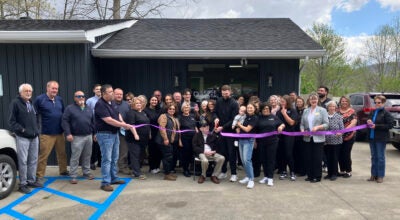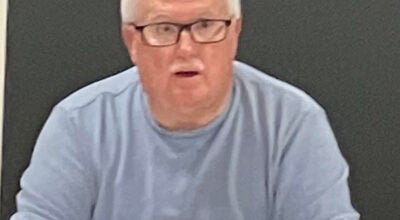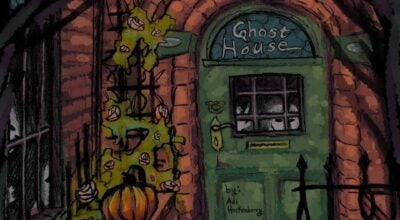Allegations of verbal abuse against Commonwealth’s Attorney dropped
Published 12:50 pm Tuesday, June 16, 2020
|
Getting your Trinity Audio player ready...
|
Commonwealth’s Attorney Parker Boggs appeared in the Harlan Circuit Court June 8, this time to testify against allegations of verbal abuse made by a member of the grand jury.
Harlan Circuit Judge Kent Hendrickson ordered the evidentiary hearing after Tonya Coffey alleged she had been verbally abused by Boggs not long after joining the panel of jurors June 4.
Boggs and Coffey, along with other jurors, were subpoenaed to testify in court regarding the matter. If the attorney were found guilty of verbal abuse, Hendrickson would determine if he should be charged with contempt of court.
Boggs was represented by Carmine G. Iaccarino, the executive director of the Attorney General’s Office of Civil and Environmental Law, who claimed the proceeding violated “due process” and state statutes for grand jury secrecy.
Hendrickson said the hearing would not include grand jury testimony or any deliberations. Instead, it would address the exchanges between Boggs and Coffey.
After multiple attempts to postpone the proceeding or move into a closed hearing, Hendrickson instructed Iaccarino to not interrupt him and to be seated.
“I have an obligation to follow up on this complaint and he (Boggs) has had notice and, in fact, has talked to me about it. We are going to proceed,” Hendrickson said.
Coffey was then called to the stand to describe the incident..
According to Coffey, Boggs went over the duties of the grandy jury after it was formed June 4, including the duty of the jurors and consequences of poor attendance or speaking to entities other than the jury regarding secret testimony or deliberations.
“He said that if we didn’t come to the grand jury, we could be put in jail during our tenure,” she said. “And if we talked to anyone about grand jury proceedings we could spend six months in jail.”
Coffey said Boggs became upset during a second case when she did not agree with Boggs’ release of the subject or dismissal of the case after the person had failed to be indicted within the required 60-day period, which had been extended to July 1 because of the COVID-19 pandemic.
Coffey told the court Boggs yelled at her during the disagreement. She then asked to be excused from the case because she knew the individual and from the grand jury entirely, stating she could not work with Boggs any further. The two then began yelling at one another when Coffey was allegedly kept from leaving.
“He asked my name and I told him and I gave him my address so he would know where I lived in case he was going to have me addressed,” she said.
Hendrickson called four other members of the grand jury to give their testimonies of the exchanges between Boggs and Coffey, all of which told the court they did not understand why Coffey was upset. The jurors also consistently testified that Boggs had not yelled at her, though he did ask for her name and address as she left the courtroom.
The judge said he found no misconduct on Boggs’ part since the witnesses’ stories all aligned.
“Having observed Ms. Coffey’s demeanor and the adamance of her testimony, the court has no doubt she genuinely perceived she was under attack by a public official,” Hendrickson said. “And to be sure, Boggs never spoke during the hearing, and thereafter, never denied the allegations.”
Hendrickson said after careful consideration of the other jurors’ accounts, the court declined to take further action “except to caution that all jurors are to be treated with the utmost respect and grand jury proceedings are limited in scope and not a forum for arguments with jurors or broadsides into matters unrelated to the charges presented for their consideration.”





